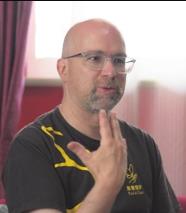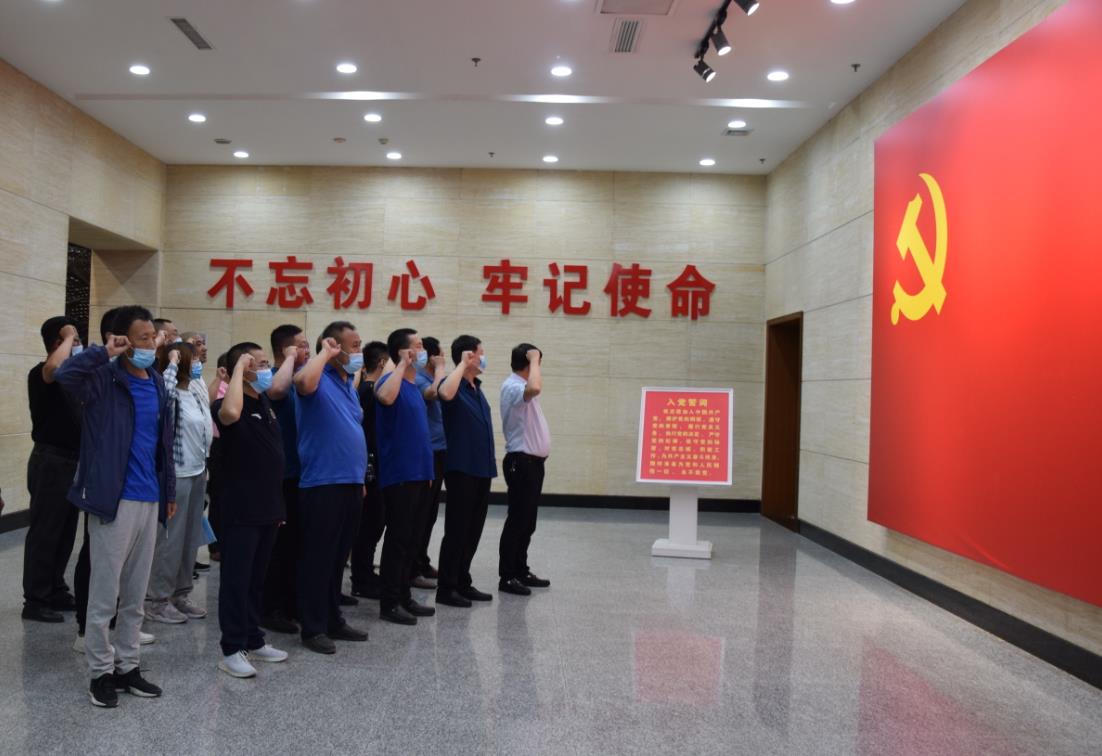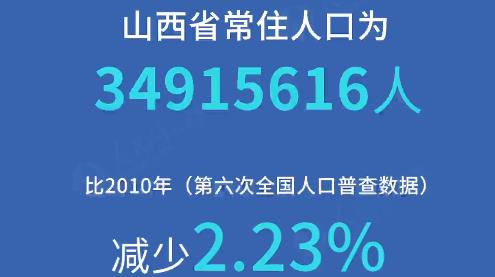
Eric Miller PROVIDED TO CHINA DAILY
I sit by the bed, holding his withered hand while the old man tells stories in a thick accent I partly understand. He talks, I listen.
I have come to China to work with people I cannot save; they are dying. Some are surprised and happy to have a stranger from afar visit them.
For some, treatment might extend their life for weeks or months, but there is no cure. Medicine can ease pain but the hospice team can help patients face death.
I work with Yangquan You'ai Hospital in Shanxi province. It is a private, not-for-profit hospital founded by a local couple.
My wife, Li Ruoxia, is a native of Shanxi and she set up the hospice care program at the hospital. I have assisted with the program and worked to improve care at the hospital.
When it seems medicine has failed, we do not give up on patients while they live. These final moments are precious.
At first, people said the Chinese would not accept hospice. But later the government declared hospice work necessary and important.
Hospice is a practice around the world. We know how to do the work. Westerners, too, were reluctant to accept hospice care. It is hard to accept that death is inevitable and give up on finding a cure.
I have received a warm welcome in China. Many officials are supportive of our work. Patients and families are grateful. Many family members come back to volunteer with us.
When I see a patient in pain, a family struggling to make the right decisions alone or a doctor pushing for unneeded treatment, I wish the progress would be quicker.
We are working to make hospices work within Chinese culture. The goal is not to replace families in caring for the dying, but to support the families and help them to provide the best care they can, to be children for a dying parent.
We would like to provide home care, but policies do not support that yet. It would save money, be better for many families and fit well with Chinese filial piety.
The Chinese medical system has developed and improved quickly. It is natural that a system should first treat infectious diseases and then provide acute care.
The time has come to advance in other areas, including hospice. Our hospital also works in preventive care. When foreign doctors visit our patients, it is painful for them to see patients who could have received treatment if diagnosed earlier. Lives and money could have been saved with targeted cancer screenings. People are working on this; I hope that progress can be made quickly.
Some wonder why I am in Shanxi doing this work. My wife is from here and some Americans came here and opened the first hospitals more than 100 years ago. But another reason is that the people of Shanxi matter. The people of Yangquan matter. Small places matter, not just the big cities.
Life needs to improve all over China. Big cities have better care and more resources, so we have come to a small place to do what we can to make things a little better for the people here.
It is a privilege for me to be welcomed to Shanxi, to You'ai Hospital, to the homes of people here and to the sides of the sick and dying. I hope that I am worthy of the friendship of the Chinese people.
The writer is a member of the hospice care program at Yangquan You’ai Hospital in Yangquan city.
By ERIC MILLER
 山西路桥:党建引领 建好“四好农村路”山西路桥建设集团党委扎实开展“党建质量提升年”,实施“六大工程”,立足“十四五”高质量、高速度、高效益发展的战略基点,全面提高党建质量和党建引领发展水平,为打造“国内一流的交通基础设施投资、建设、施工现代化企业集团”提供坚强政治保障。
山西路桥:党建引领 建好“四好农村路”山西路桥建设集团党委扎实开展“党建质量提升年”,实施“六大工程”,立足“十四五”高质量、高速度、高效益发展的战略基点,全面提高党建质量和党建引领发展水平,为打造“国内一流的交通基础设施投资、建设、施工现代化企业集团”提供坚强政治保障。
 常住人口3491万 山西人口普查数据"出炉"山西省统计局向社会通报山西省第七次全国人口普查主要数据。数据显示,山西省常住人口为34915616人,比2010年(第六次全国人口普查数据,下同)减少2.23%,年平均减少0.23%。山西省常住人口总量减少,主要受人口流动变化等因素影响。
常住人口3491万 山西人口普查数据"出炉"山西省统计局向社会通报山西省第七次全国人口普查主要数据。数据显示,山西省常住人口为34915616人,比2010年(第六次全国人口普查数据,下同)减少2.23%,年平均减少0.23%。山西省常住人口总量减少,主要受人口流动变化等因素影响。